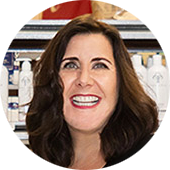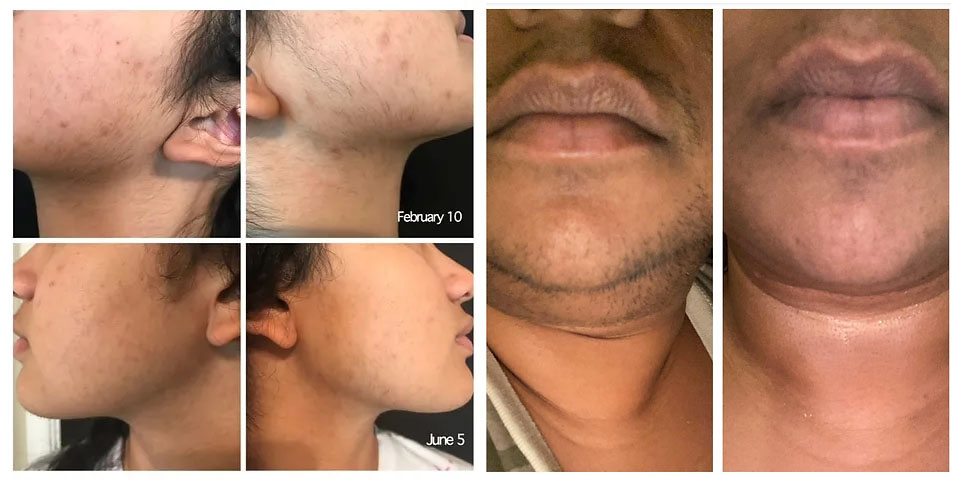Could your beauty business be rendered obsolete by new scientific advancements?
A recent development from the Babraham Institute in Cambridge has some professionals speculating that the landscape of the skincare industry could be drastically altered. Researchers there claim to have found the secret to cellular rejuvenation.

According to reports, a Nobel Prize winning scientist from Kyoto, Japan first discovered a method for reprogramming skin cells in 2006, which has now been advanced by a team of molecular biologists in Germany.
Their findings purport that using an innovative new technique called induced pluripotent stem cells (iPS) scientists have been able to successfully trigger a reaction that causes the cells of a 53-year-old woman to function like those of a 23-year-old.
If this all sounds like the Benjamin Button-esque plot twist that could end the skin care industry, we’re here to reassure you that it’s not time to panic – or toss out your stash of retinol – just yet.
As it turns out, the technology has a long way to go to reach miracle cure status, and must overcome a few serious pitfalls, meaning estheticians remain the true rejuvenation experts, with plenty of time to adapt to these types of scientific breakthroughs.
Here is what you need to know.
Fountain of youth or risky business?
A few reasons why iPS can’t compete with traditional skincare treatments
- iPS is incredibly cost-prohibitive – Given that the technology requires cells to effectively lose their memory before they can be reprogrammed, it’s likely to be a lengthy process that comes at a significant cost to providers and patients. If your clients think their monthly facial treatments are an investment, they’re bound to balk at the hefty price point for iPS.
- iPS has the potential to increase cancer risk – One finding from emerging studies involving cellular reprogramming is that it may trigger genetic changes or mutations to our delicate DNA structure. Until developers are able to troubleshoot these side effects, it is unlikely that the technology will be approved for widespread use.
- iPS technology will take time – Regardless of its efficacy, experts say iPS still has a long way to go before we fully understand its capabilities. With implications for addressing other age-related biological conditions – everything from tendon and ligament restoration to treating Alzheimers, it’s much more likely that the technology will first be applied in the world of medicine, long before it reaches the beauty industry.
- iPS results could be rather unpredictable – Another cause for concern for turning back the clock on cellular activity is that we don’t know exactly what kind of outcomes it may produce. With skin that performs like that of a twenty-something may come some of the less desirable conditions of young skin, including acne, excess oil production, and other skin concerns we’d rather not revisit.
In the meantime, professional esthetic treatments like microdermabrasion, galvanic facials and more, will continue to be some of the most effective approaches to maintaining youthful skin.
However the science shakes out, California Skincare Supply remains your source for all of the latest news and tools of the trade.
Be sure to check back with us for frequent updates and join our community on Facebook to stay connected and in the know.



